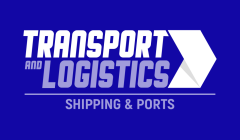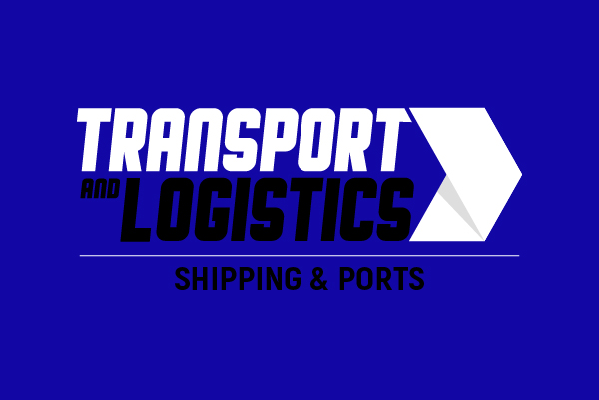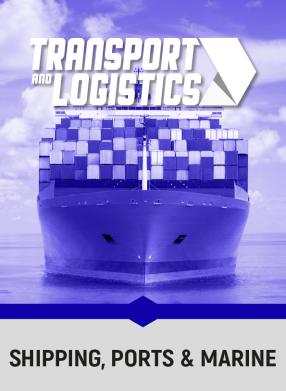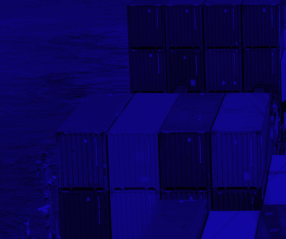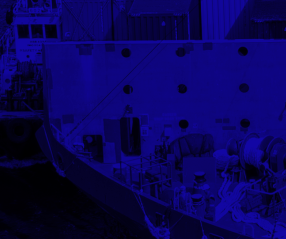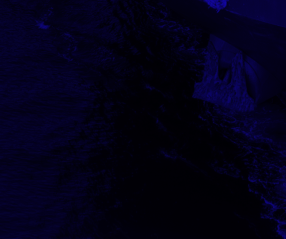Accidents relating to entry into enclosed spaces have resulted in a large number of deaths of both ship and shore personnel so far this year. David Nichol, UK P&I Club risk assessor, reviews enclosed space incidents and his suggestions for safer working practices.
“The dangers associated with enclosed spaces are well known in the shipping industry yet each year we continue to see a number of casualties which could be prevented. Regulatory authorities and other industry bodies have produced a large amount of information and advice over the years, yet the death toll remains at an alarming level. Amongst numerous other reported examples, an incident occurred last year on board the cargo ship SUNTIS, when three crew members lost their lives after entering a cargo hold loaded with sawn timber, a cargo known to cause oxygen depletion.
“Part of the reason for the high number of casualties may lie in confusion as to what spaces are or may become dangerous, and how they are identified. It may help if the industry introduced a uniform approach to explicitly labelling all enclosed spaces that have been identified in the Safety Management System. There is currently no industry standard for warning notices that may be universally understood by ship and shore personnel, and this should be addressed.
“The shipping industry needs to improve the level of education and training of both ship and shore personal. Competent and responsible persons should be trained in enclosed space hazard recognition, evaluation, control and elimination, and crew members continually trained in enclosed space safety. Risk assessments should be conducted to identify all enclosed spaces on board, and potential hazards in the space to be entered.
“For all of this to be effective, it is necessary that ship staff, with the support of shore management, perform mandatory drills, training and actual entry procedures with a seriousness that reflects the dangers associated with entering enclosed spaces. Drills and training should be properly planned and be used as an opportunity to assess the challenges of rescue from identified enclosed spaces on board, and the importance of raising the alarm when persons are found to be in difficulty.
“A zero tolerance culture to unplanned and unprepared entry into any enclosed space is needed and should be rigorously enforced and ingrained into all personnel, onboard and onshore.”
